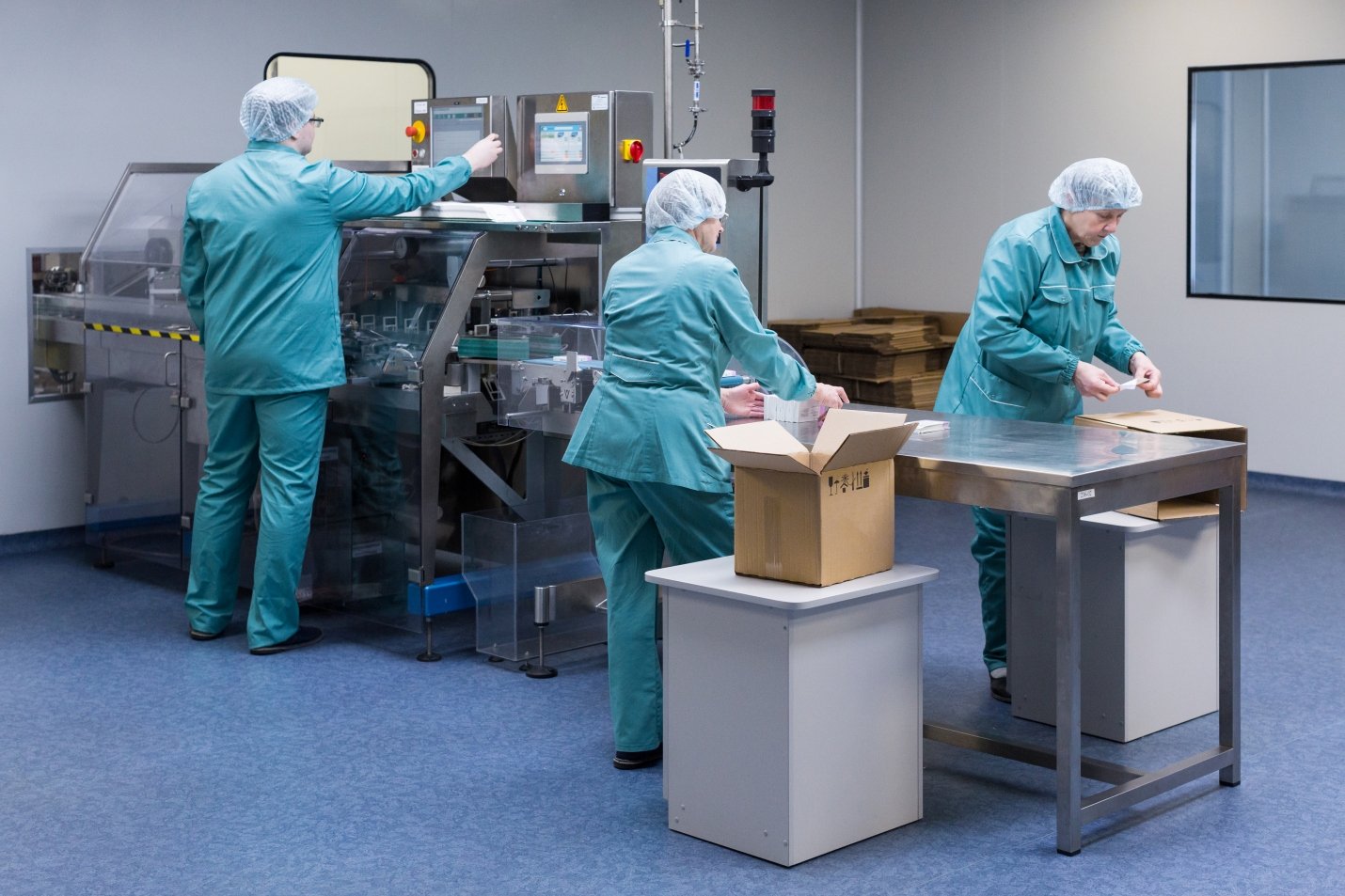What Are the Hidden Costs of Ignoring HACCP in Daily Operations?
Many small and medium-sized food manufacturers think HACCP (Hazard Analysis and Critical Control Point) is only necessary for audits or export markets.
In reality, ignoring HACCP principles in daily operations can lead to hidden costs that damage profits, productivity, and reputation — often without being immediately obvious.
Implementing HACCP isn’t just about compliance; it’s about protecting your business from financial and operational risks.

1. Cost of Product Recalls and Rework
-
A single contaminated batch can result in massive recall expenses.
-
Includes:
-
Disposal of unsafe products.
-
Replacement production and logistics.
-
Lost sales and damaged brand trust.
-
-
Even minor non-conformances may require rework, adding time and labour costs.
2. Regulatory Fines and Legal Penalties
-
Food safety authorities can impose hefty fines or factory shutdowns for non-compliance.
-
Legal costs rise if consumer illnesses or injury occur.
-
Businesses without HACCP are often seen as high-risk during inspections.
-
Failing to comply may affect license renewals or export approvals.
3. Customer and Retailer Rejection
-
Large retailers and distributors often require HACCP certification.
-
Without it, SMEs risk losing supply contracts or tenders.
-
Even existing customers may switch to certified competitors.
-
Missed opportunities = hidden cost that affects long-term growth.
4. Increased Waste and Inefficiency
-
Without HACCP monitoring, errors go unnoticed until it’s too late.
-
Leads to:
-
Higher raw material wastage.
-
Downtime for re-cleaning and reprocessing.
-
Frequent machine stoppages due to contamination issues.
-
-
Poor process control = higher cost per unit produced.
5. Staff Turnover and Training Waste
-
HACCP gives employees clear guidance on hygiene, handling, and control points.
-
Without it, staff face confusion and inconsistent work methods.
-
This results in:
-
Low morale.
-
Frequent retraining needs.
-
High turnover rates that drive up HR costs.
-
6. Loss of Market Reputation
-
Once a food safety issue becomes public, trust is hard to rebuild.
-
Consumers and buyers remember brand names linked to contamination or recall.
-
Even small incidents can go viral on social media.
-
Rebuilding reputation often costs far more than prevention.
7. Hidden Microbial Risks in Equipment and Facilities
-
Poor cleaning or neglected preventive maintenance = contamination hotspot.
-
Without HACCP’s verification steps, these issues stay hidden.
-
Can lead to:
-
Biofilm buildup.
-
Cross-contamination.
-
Shorter shelf life for products.
-
-
Result: silent financial drain through spoilage and rejected batches.
8. Insurance Premiums and Risk Exposure
-
Insurers view HACCP-certified companies as lower-risk clients.
-
Without HACCP, insurance premiums may increase.
-
In case of a contamination incident, claims may be denied if negligence is proven.
9. Lost Export Opportunities
-
Exporting countries often demand HACCP or ISO 22000 compliance.
-
Ignoring HACCP limits your ability to grow into regional or global markets.
-
Lost business opportunities = hidden cost of inaction.
10. Impact on Long-Term Business Value
-
Investors and potential partners evaluate food safety culture before collaboration.
-
Lack of HACCP signals poor governance and risk control.
-
Reduces the company’s long-term valuation and brand equity.
Final Thoughts
Ignoring HACCP might save money in the short term — but it costs far more in the long run.
From recalls and fines to customer loss and waste, the financial impact of poor food safety control can cripple even well-established SMEs.
👉 At CAYS Scientific, we help food manufacturers implement cost-effective HACCP systems that prevent hidden losses and strengthen operational reliability.



